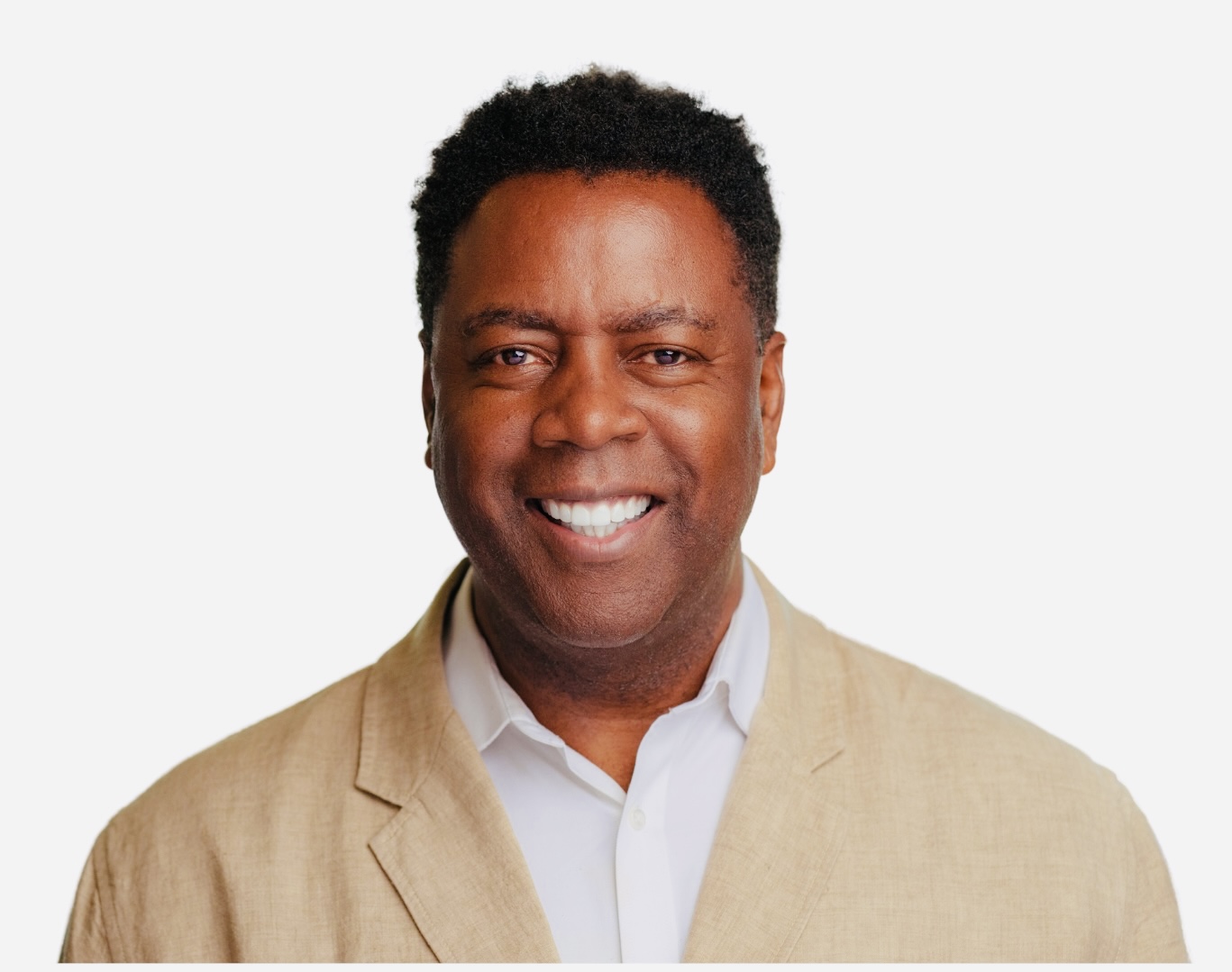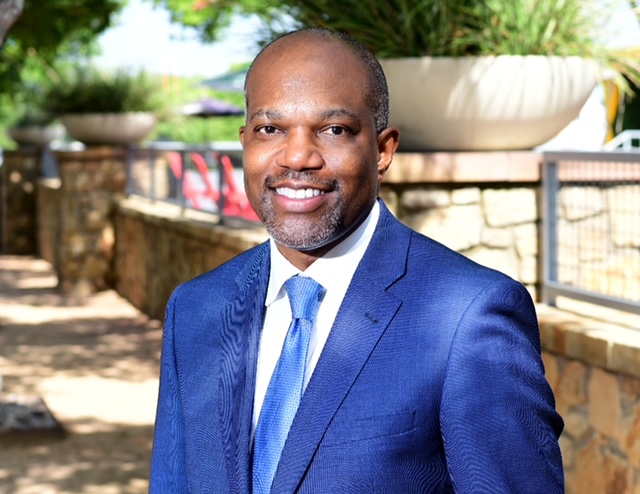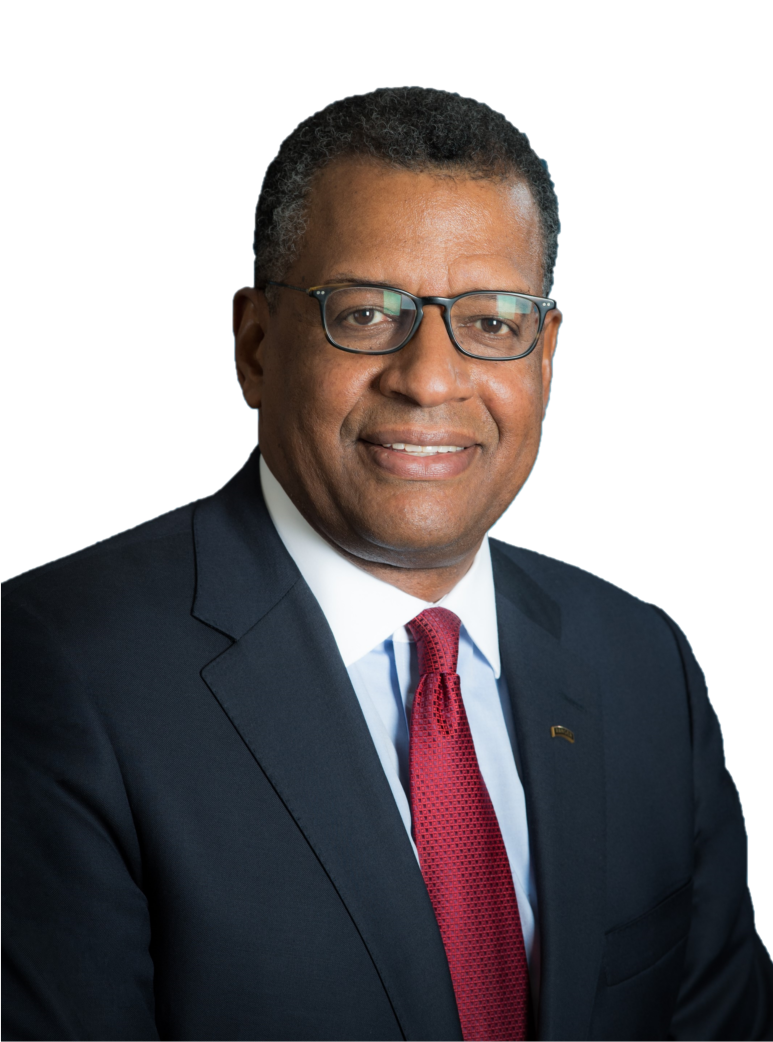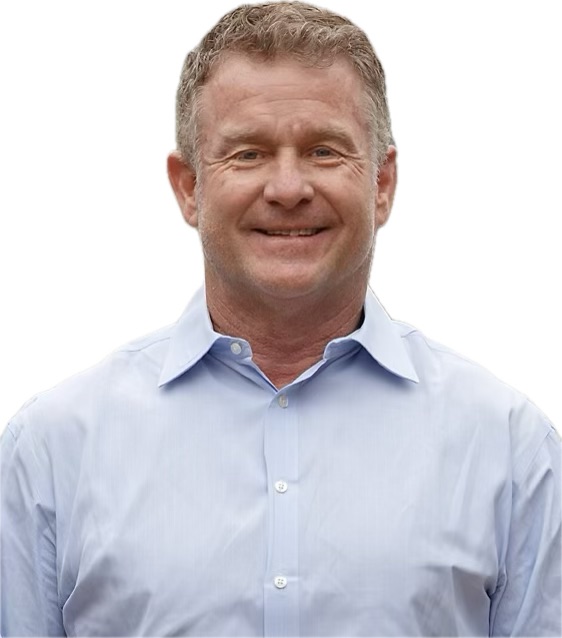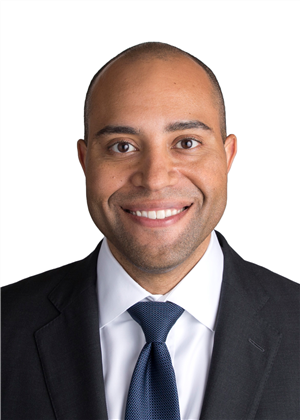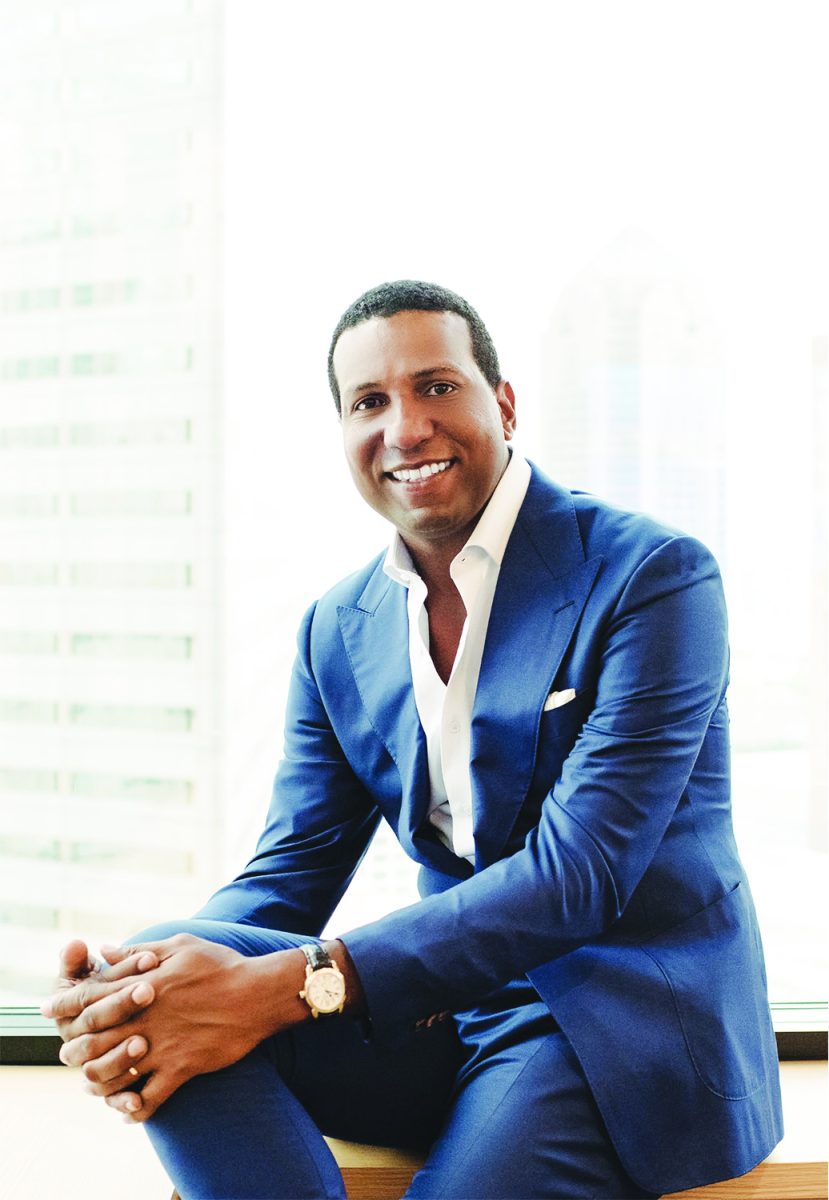Anton Vincent, a Mississippi native, is the president of Mars Wrigley North America & Global Ice Cream, which is one of the biggest privately owned companies in the world. Before becoming the president of Mars Wrigley North America, Vincent was chief executive officer at Greencore USA and worked for General Mills for over 20 years. Vincent is a founding member of BECA, the Black Executive CMO Alliance, which serves to connect Black marketing executives and grow the legacy of Black executives. Vincent’s impact on the business world has been recognized and honored numerous times throughout his career. Savoy magazine named Anton Vincent as one of the “Top 100 Most Influential African Americans in Corporate America” in 2012, 2014, 2016, 2019, and most recently, 2022. Vincent believes strong leaders believe in equity, making corrections with others, leading by example, and leading with authenticity and intention.
Lawrence: How does your leadership contribute to ensuring the successful implementation of inclusion in the workplace?
Anton Vincent:
I’m a firm believer in diversity, equity, and inclusion for various reasons. I lead a large organization. Part of my job, part of my value, and part of my responsibility is making sure that everyone who comes to my organization is self-actualized. You can’t be a true leader if you don’t have other people’s success at the heart of your leadership. Inclusion is an essential element to leadership. That’s where diversity and inclusion connect with the broader concept of leadership.
Lawrence:
The framework for understanding the concept of character and leadership and Education at Saint Mark’s is to understand how we are to lead with our heads, our hearts, and our hands. How has this concept helped you in different stages of your career?
Anton Vincent:
Multidimensional leadership is critical. It’s hard to be an effective leader over time if you’re not using your head, heart, and hands. You must have a specific expertise and execute that well over time in various sustainable ways. Most importantly, effective leadership stems from the heart. You can only be an effective leader if you genuinely care about people and their well-being. I firmly believe that whoever you are, wherever you come from, whatever your background, you’re capable of doing great things. Part of my job as a leader is to create an environment so those things can happen.
Lawrence:
What does servant leadership mean to you? Do you have any specific testimonials of leadership situations that resulted in change and affected the communities around you?
Anton Vincent:
Regardless of whatever leader you are, whether you’re a quarterback on the team or whether you’re the CEO who runs the organization, you really can only be effective if you’re serving other people. You won’t be a good leader for long if you’re not at the service of other people. Part of my job as a leader is ensuring I have good followership.
When I was coming up, I had people I looked up to. Many of them made time for me, but many of them didn’t make time for me. While I may have seen them as a leader, they weren’t accessible to me. I said, if I am ever in the position where I had that kind of impact on people, I was going to be accessible to others.
I think I’ve had the opportunity to help people and to help them feel like they get some insight into me and who I am. I’m also trying to ensure I’m not much different than you. I may have more skill; I have more time. I’ve done this for a longer period, but if I can, you can surely do it as well. Part of servant leadership is to ensure you’re building people’s confidence and capability and helping them.
Lawrence:
How would you define the virtues of a leader using some or all of the following words, real-life examples, or your own words? Some words are engage, own, discern, do what is ethical, work harder, plan, collaborate, delegate, endure, and protect.
Anton Vincent:
Engagement is critical to the virtues of a good leader because if I don’t connect with you, I don’t get a chance to execute my leadership. It’s impossible to lead if you don’t engage. Another virtue of a good leader is having a strong sense of responsibility. I think you should understand your responsibility to “shepherd other people” to ensure you’re articulating the way forward. The vision forward is going so forth, but you should make sure you’re doing it in a very collaborative way.
Other words I use often are virtuous and intentionality. Being a strong leader does not just take place in a business, but is analogous to sports as well. The leader plays a critical position on the team. A good leader has to be intentional about how you want to set your tone, how you want to set the energy, how you want to prepare all the other teammates. To execute at the right pace, takes intention and foresight.
Intention and foresight make really good leaders. You have to have intention; you have to have foresight; you have to process the game in a very different way than other positions have to process the game. You have to process the plays while you are in the game. You have to make adjustments in ways other people don’t have to. That’s analogous to what leaders must do; I must see down the road and around the corner. I can’t just see what’s in front of me. I have to see the next five players. I have to see the next three quarters.
Anyone who calls himself a leader is only worth their weight in gold if they have ethics. If I can display the things that I’m asking from you in a very consistent way, I’m going to be a leader for a while. If I can’t display what I’m asking from you, I won’t be a very good one.
No one will entrust an organization to you if you don’t have ethics. No one will trust the team in your hands if you don’t have ethics. Nobody will follow if you don’t have ethics. The whole idea around ethics is that if you don’t have it, you won’t be in a position to be a leader for very long.
Leadership is intentional. While everybody may have leadership characteristics, I don’t think everybody can be a leader. That’s a very different thing. A leader has to encompass all those things and show them in a very consistent way because it’s the way we could conduct a fellowship program.
Lawrence:
Do you have any examples where you had to make a tough decision based on ethical motivation?
Anton Vincent:
As a leader, you have to be able to be trusted. Part of trust is ensuring people know you will do things the right way, even in challenging situations. Sometimes, you may have to make ethical decisions that are not good for you or your team, but it is the right thing to do. That’s the true sense of ethics.
One example in my career was a very tough decision. It was an expensive decision. I used to run a big popcorn business called Pop Secret Popcorn. We worked for years to put a new product out in the market. This particular formulation was scientifically tough to do. We figured out how to fill the gaps in the marketplace. It was fantastically successful, and it had a minimal rate when we launched it. If it had not been done properly, it could have hurt people. Microwaves get to 450 degrees Fahrenheit in a very short period. It’s very high-intensity heat that happens in a very short period. In the context of a microwave product, we found a way to put dairy and sugar in there and let it be preserved. If a consumer misused it, it could burn you. And, of course, we knew that we’d been in the microwave business for a long time. We understand microwave technology, but this one took a slightly higher rate. We had to decide whether or not to continue after launching a very successful product. However, we knew we couldn’t have even one incident, not even one incident of someone getting hurt out of millions of users of that product. We made the ethical decision to pull the product out of the marketplace. Anybody who would have come in and reviewed our action would have said, you did it, but you didn’t have to do it. We made an ethical decision because of what could happen, not what already happened, but what could also happen. The brand reputation, company, and PR risks were just too great. If one incident occurred, it could destroy the brand. That was purely an ethical decision; it was not a business decision but an ethical one.
Lawrence:
What do you believe are the essential elements of a good leader?
Anton Vincent:
You have to be an ethical and caring person. You have to be an intentional person. You have to be consistent in all those things.You have to understand people and understand how to meet them where they are. I focus on how to get the absolute best out of this person. It’s my responsibility to help people self-actualize. Intentionality focuses on other people. Sometimes, vision is overused, but you have to give people an imagination of what’s possible. Every leader has to be able to do that. Leaders have to have a forward-looking view of what’s possible. Leaders should have a good combination of vision and specific steps to get there.
Lawrence:
What does being a good man or woman mean to you, especially in leadership?
Anton Vincent:
First, it’s very important to me to be a good human being. I need to be a good human because I believe in collective success. I can be great in my mind, but it’s only a function of how others help me do that. It starts to be fundamental that we exist in the world to be helpful, in connection, in conversation, and in community. Being a good man is understanding and participating in that.
As a man, I have a traditional side. I have a provider side to me. I have protection for the side of me as a good man, which means my family, but it also means my broader community. Sharing one’s skill sets and sharing one’s capabilities with whomever your unit is, family, or community are part of being a good man. Do not hold back your gifts. Present your gifts on behalf of the community.
The third thing is to make sure that I understand who other people should be. The more success I have, the more I try to give more. I try to help more, pave the way, and inspire people. I believe in helping others and ensuring that the broader community is rising.
The primary things like protection, safety, and provisions are not uniquely male qualities. However, I believe a good man has those characteristics because they add to the community.
Lawrence:
Thriving, as defined by Saint Marks, is living the most complete life possible to you, transforming your fullest potential into actuality by understanding how the world works in your head, how to feel and respond with your heart, and how to give skillful care with your hands. Returning to the idea of using your head, heart, and hands, we preach about a lot. How have you used some of the essential elements of thriving in leading different organizations and people?
Anton Vincent:
I believe in the whole concept of thriving. It’s fine if I thrive, but the real goal is to get everybody through. I want to be successful, but I’ve always been one to take other people on the journey, helping people behind me because I don’t want to be the only one. I’ve tried to create an environment where people can understand their strength, capability, and power and tap into their gifts. People have to be consistent. Everybody can thrive, and for those who have found a way to thrive, it’s their responsibility to go back and help others do the same thing.
As human beings, we should all be in a community with one another. I have a moral requirement to help other people. So even if I wasn’t thriving, even if I didn’t have financial success, I still think I have a moral responsibility to go and help others. I think that is a moral responsibility; it’s a moral requirement. I operate from the basis that we all have gifts. We should be able to share those gifts with others to improve their lives. We have a moral responsibility to help others thrive.
Lawrence:
Do you have any specific examples that have impacted your organization as a servant leader?
Anton Vincent:
I believe in vision, structure, and in execution. All three of those things have to be in place for any organization to succeed. When I came into my current organization, I was brought in to turn it around and improve performance. I am a big-vision person. People have said that I’ve done an excellent job of setting what’s possible in people’s heads.
I’ve been successful in helping people understand what winning looks like and then helping them understand that it’s possible to be that way. I’ll work on people’s mental framework around what winning looks like. We have to do the work to win and put structure and understanding in place so people can do very specific things and get the aspirations we put out there. We need to set the mindset, set the framework, and then put in the discipline around what we must do to be successful. The last thing is helping execute those things.
I would say the emotional and philosophical things that vision, structure , and execution help people have confidence. I teach two things. One thing that teaches discipline is that you can succeed and not keep it; discipline allows you to do that. The last thing I teach is consistency. were great yesterday, maybe doing great today or tomorrow.
Intention, discipline, and consistency are critical elements of ensuring that it’s one thing to be great, nothing to stay great, and consistently be great.
Lawrence:
What is the best way to be a leader, and how have you prepared those in your organization to lead effectively with character?
Anton Vincent:
I always distinguish leadership from the title. People come in all shapes and sizes and places on a team or organization. A true leader’s job is to understand that and to find those people who have what I call unique value. Most of the time, it doesn’t come with a title. Never confuse leadership with title.
Also, leadership is intentional. You have to think about it, plan for it, and keep it active in your mind. You also have to be accountable as a leader. Accountability isn’t just a concept for the leader. It’s table stakes, but you can’t be a great leader for long without accountability.
The last thing for me is that you have to care about people. You can’t be an effective leader for a long time if you don’t care about a person’s plight or journey. Connection and engagement in leadership are the two things you cannot move forward without. If those things are in place, trust is the wrap-around. If you’re the team quarterback, we would have to have confidence in your intelligence, knowledge of the game, knowledge of the playbook, understanding the game plan, and ability to execute it.
People have to know that you’re intentional about your leadership and that you’re serious about it, that you’re connecting and getting along, that you care about them. This is back to your servant leadership piece: a leader has to be in it for the people to lead. You have to be in it for the people. If that’s not in place, you’re not going to be a leader for very long.


